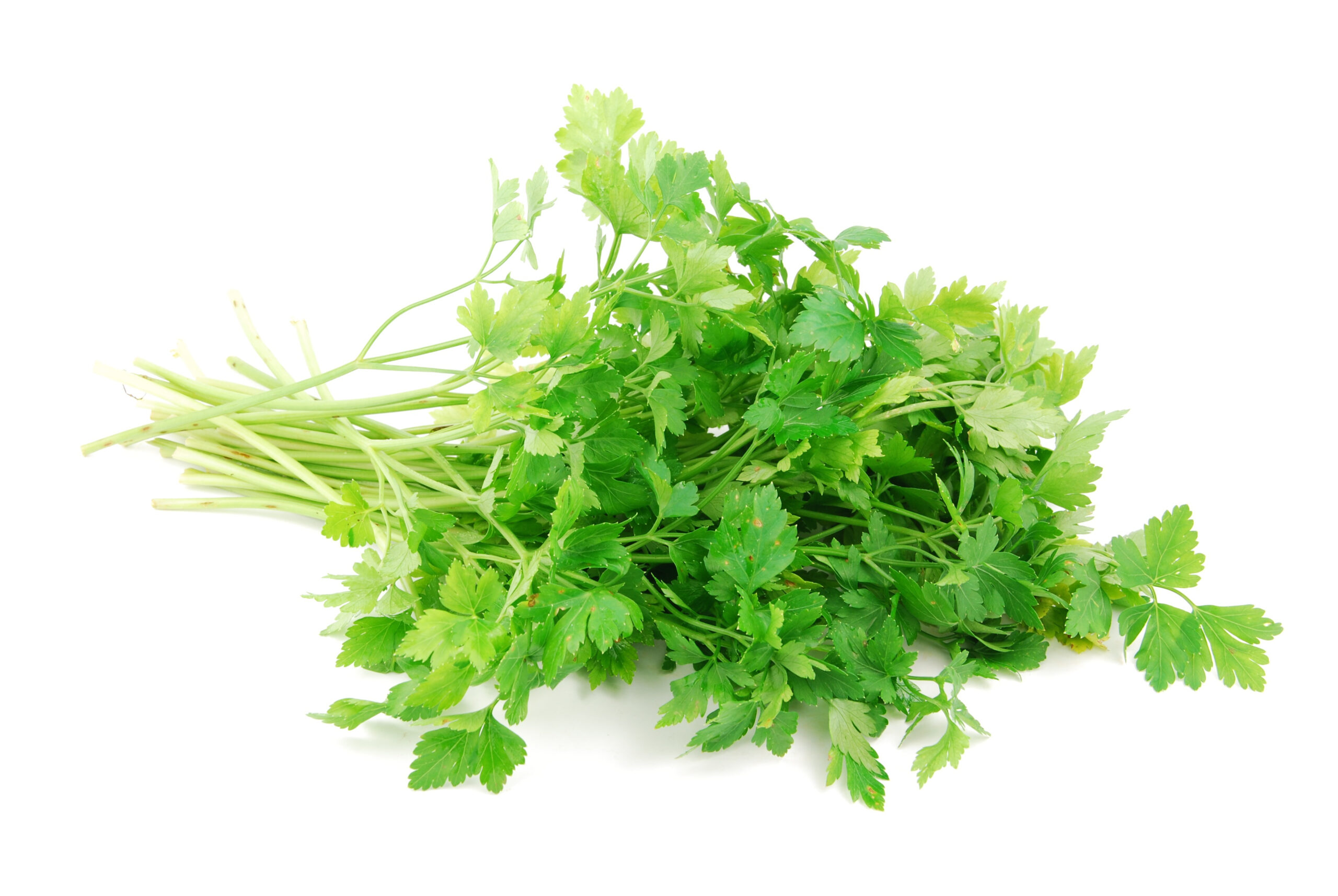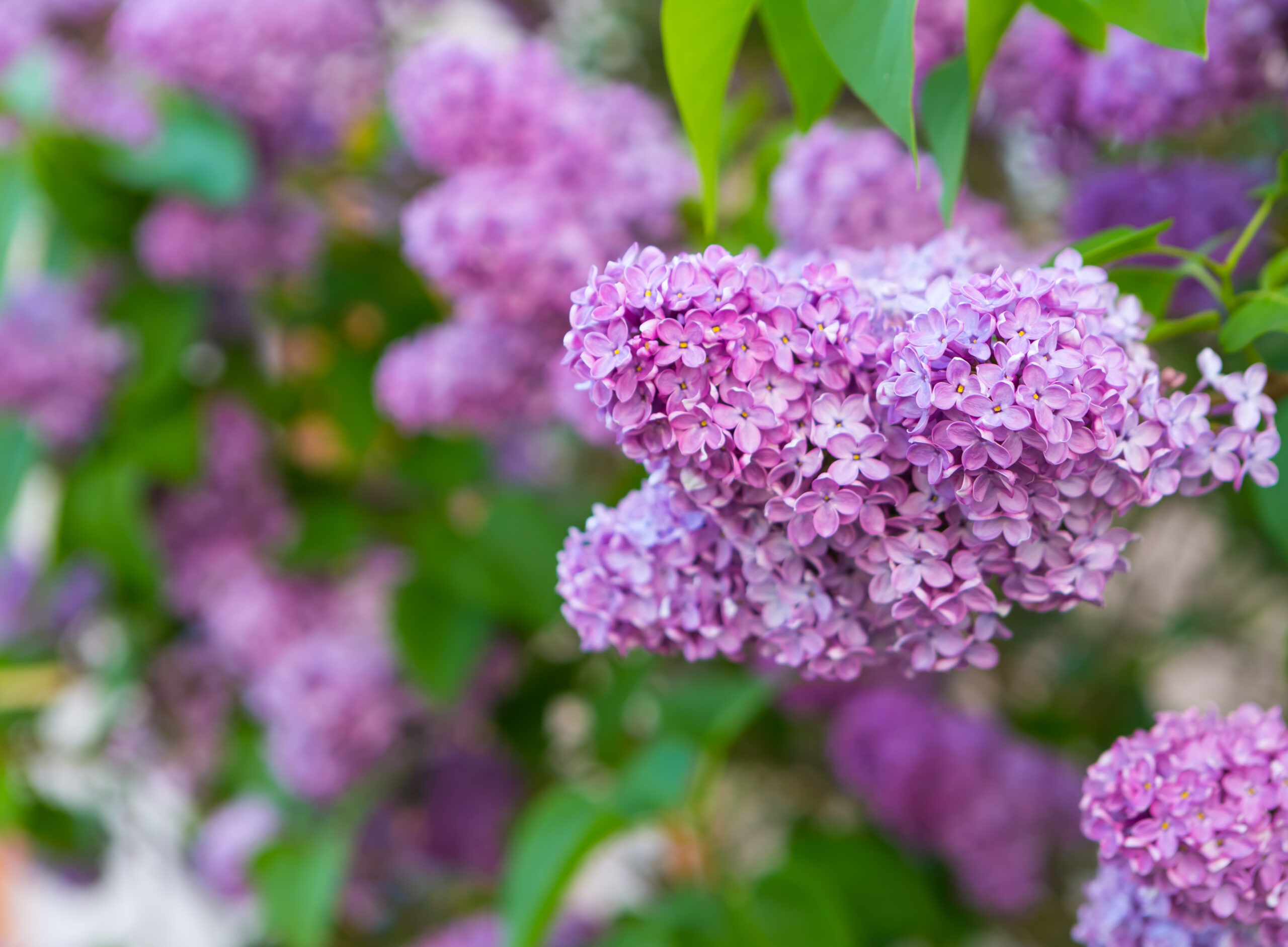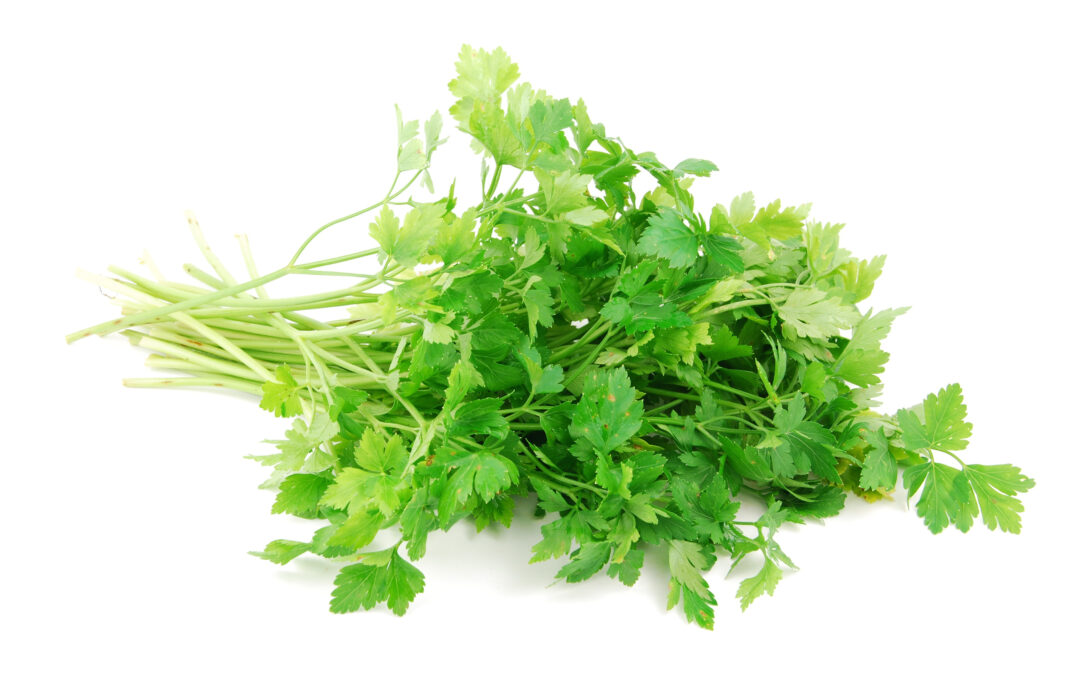Welcome to the world of organic gardening! Whether you’re a seasoned gardener or just starting out, growing your own produce is an incredibly rewarding experience. In this guide, we will cover everything you need to know about how to start your own organic garden. Let’s get started!
Introduction to Organic Gardening:
Organic gardening refers to the practice of growing plants without using synthetic fertilizers and pesticides. Instead, organic gardeners rely on natural methods such as composting, crop rotation, and companion planting to keep their plants healthy and thriving. By choosing organic gardening, you are not only reducing your environmental impact but also ensuring that your food is free from harmful chemicals.
Choosing the Right Plants and Seeds:
The first step in starting your own organic garden is to choose the right plants and seeds for your region and climate. Consider factors such as sunlight exposure, soil type, and water availability when selecting your crops. Some popular vegetables for beginners include tomatoes, lettuce, spinach, radishes, and green beans. You can also consider herbs like basil, chives, and rosemary for flavoring your meals.

Preparing Your Soil for Planting:
Once you have selected your plants and seeds, it’s time to prepare your soil for planting. Start by removing any debris or weeds from the area where you plan to grow your garden. Next, add compost and other organic matter to enrich the soil and improve drainage. You may also want to test your soil to ensure that it has the proper nutrient balance for your chosen crops.
Tending to Your Garden: Watering, Weeding, and Fertilizing:
After you have prepared your soil and planted your seeds or seedlings, it’s time to tend to your garden. Keep your plants well-watered, especially during hot summer months. Use a soaker hose or drip irrigation system to avoid overwatering and reduce waste. Remove any weeds as soon as they appear to prevent them from taking nutrients away from your crops. Finally, use natural fertilizers like compost tea or fish emulsion to feed your plants and encourage growth.
Harvesting Your Crops and Pest Control:
As your plants begin to mature, you will start to see fruit! Harvest your crops at peak ripeness to enjoy maximum flavor and nutrition. If you notice any signs of pests or disease, try using natural remedies like neem oil or garlic spray before resorting to harsher chemicals. You can also attract beneficial insects like ladybugs and lacewings to help control pests in your garden.

In conclusion, starting your own organic garden is a fun and rewarding way to connect with nature and provide fresh, healthy food for yourself and your family. With these tips, you should be well on your way to becoming a successful organic gardener!





